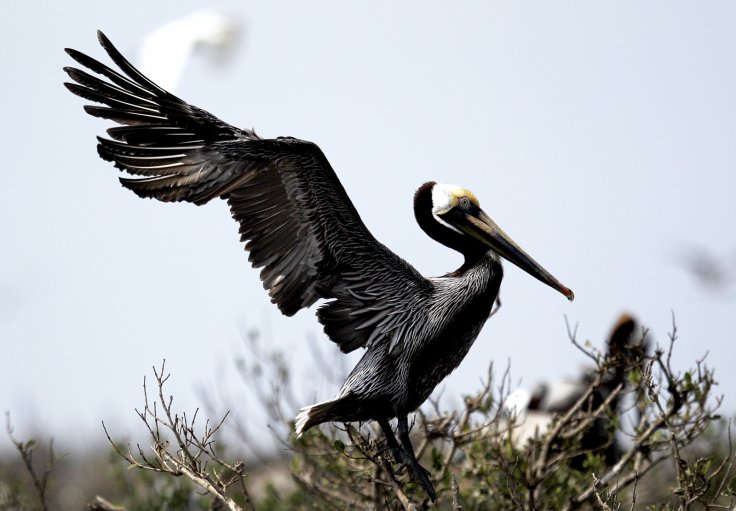
Noise from industrial gas compressors and oil operations are proving to be devastating for the animal kingdom. A research team from the Florida Museum of Natural History and the University of Colorado Boulder has found that noise pollution is increasing the level of anxiety, especially in birds, by reducing the production of stress hormones, rather than increasing it as a form of self-protection.
According to scientists, this can lead to a serious turn of events. Birds living in noisy environments are becoming "chronically stressed" and constant noise in their surrounding area is actually deteriorating the ability in birds to predict the signals of approaching predators. Birds too, like humans, are developing Post-Traumatic Stress Disorder (PTSD). Baby birds growing up in nests located in noisy areas turn out to be weaker and do not live long when compared to fledglings born in quieter areas.
Study co-author Rob Guralnick, associate curator of biodiversity informatics at the Florida Museum of Natural History said that just as constant stress degrades a human being's health and fitness, similar effects of noise are produced on birds as well.
Also read: Mystery behind super black feathers of Birds of Paradise revealed [VIDEO]

The team of scientists conducted research on three bird species: western bluebirds, mountain bluebirds and ash-throated flycatchers. The study was conducted to detect the levels of the stress hormone corticosterone in birds living in noisy areas. Surprisingly, the team found that birds living in noisier areas tend to have lower levels of the stress hormone. This, however, is a fatal development.
Low concentration of the stress hormone is a sign that the animals are under excessive stress, so much so that the body refuses to produce the hormone for self-protection.
Nathan Kleist, a doctoral student at the University of Colorado Boulder set up 240 nesting boxes at specific distances from the gas compressors. The noise level was kept similar to the volume of noise in cities.
The study, according to Guralnick proves that noise pollution can reduce animal habitat, in turn, affecting their fitness negatively and reducing them in number. Researchers claimed that a 10-decibel noise level and more can decrease animal habitat by 90 percent, which according to the authors of the study is equivalent to losing a coverage area of over 300,000 square miles (780,000 square km), greater than the size of Texas.
"This is an acoustic degradation of the environment. We think it is a real conservation concern," said Guralnick.
The research was published in Proceedings of the National Academy of Sciences.









